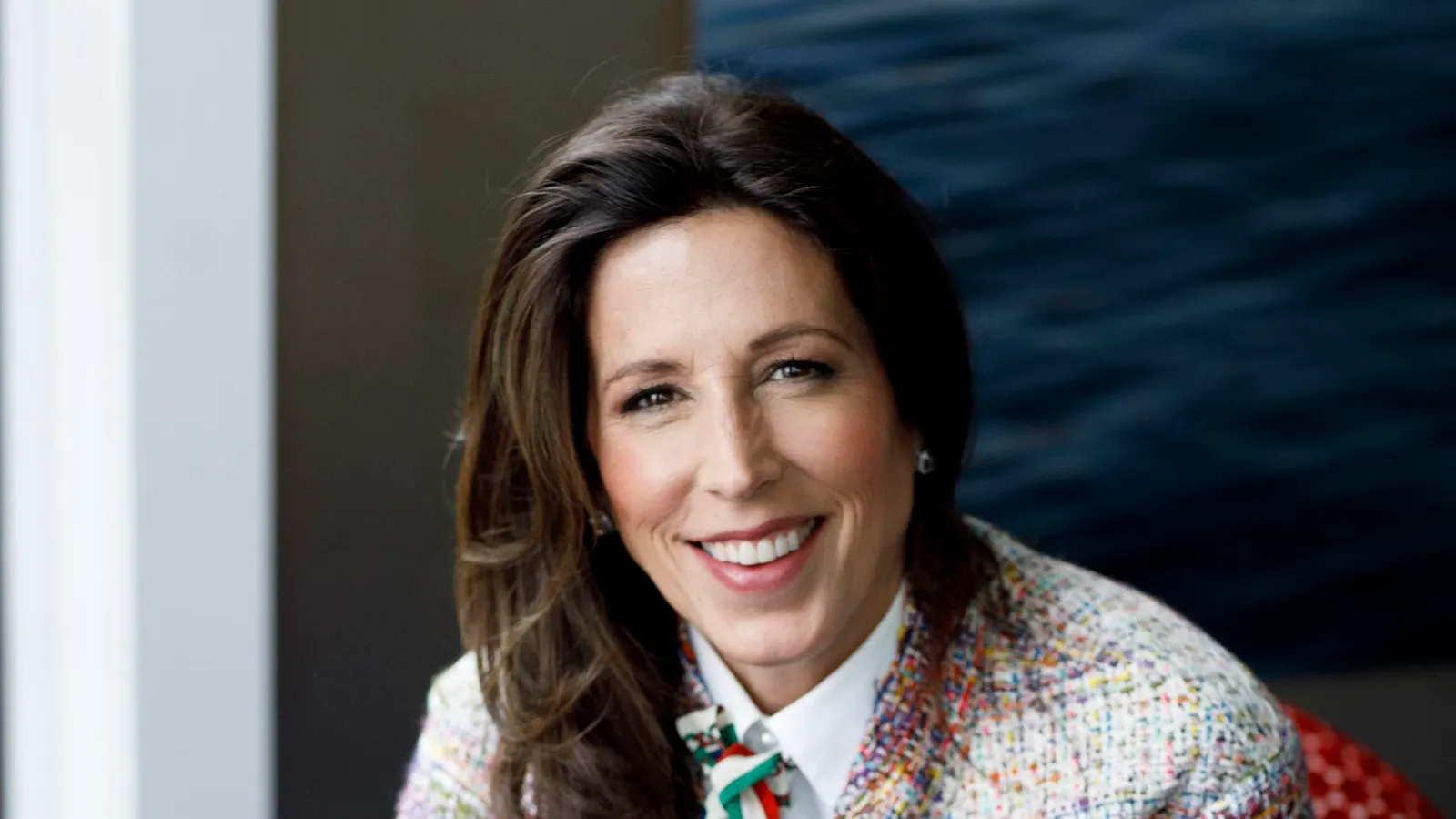By Contributor,Dilan Gomih
Copyright forbes

From options trading to co-founding a multibillion-dollar firm, Jenny Just shares her playbook to help women navigate their careers with strategic mindset, resilience and clarity.
With a cooling labor market and economic uncertainty, it’s no wonder Deloitte’s 2025 Women @ Work: Global Outlook found that 36% of women report higher stress levels than a year ago.
Navigating uncertainty requires more than optimism. It means resisting the natural inclination toward safety and embracing practiced strategy.
Jenny Just, co-founder of the multibillion-dollar firm PEAK6, knows firsthand how strategic risk-taking and clear decision-making can translate to career success. After years as an options trader, she co-founded one of the largest women-owned financial firms in the U.S. before launching Poker Power to teach women strategic decision-making skills.
Although Just initially founded Poker Power to teach women how the game translates to the workplace, she’s now sharing insights from her own career journey. Her intention? To offer strategies beyond the game itself to support career longevity in today’s environment.
Drawing from her personal playbook, here are three strategies Just recommends for women leaders seeking greater confidence, resilience and clarity.
Strategy 1: Get Comfortable at the Money Table
In poker, having a seat at the table means actively placing bets and influencing outcomes. At work, being involved in or at least aware of how financial decisions are made gives leaders more agency and influence.
MORE FOR YOU
How She Learned It: In a Zoom interview, Just vividly recalls a pivotal moment early in her trading career when she recognized proximity to financial decisions wasn’t enough: “Real power was about directly making financial decisions, not just observing them.”
Why It Matters: Deloitte reports financial security as women’s top concern (47%). Yet women often remain observers rather than participants in key financial decisions. This limitation restricts their influence, power and professional advancement. Just advises women to “get more comfortable with being at the money table, not just near it or around it. The money table is where the power is, where all the decisions get made.”
Your Next Move:
Identify who makes or influences key decisions in your organization and initiate conversations to understand their perspectives while demonstrating how your work contributes to business outcomes.
In meetings, ask questions such as ‘How will this decision impact resource allocation?’ or ‘What’s driving our budget priorities?’ to position yourself as strategically engaged.
Strategy 2: Embrace Strategic Risk
Strategic growth often means “upping the ante,” placing bigger bets based on confidence, skills and adaptability even when outcomes feel uncertain. The same applies to career progression.
How She Learned It: When bigger roles came her way, Just said yes even when the leap felt daunting. One promotion seemed like the worst job of her career, yet it became foundational, teaching her resilience and giving her the confidence to build PEAK6. “The more experience you gain, the more you gain what I call compound experience and become a better decision maker,” she says.
Why It Matters: A 2020 KPMG study found that 75% of female executives have experienced imposter syndrome in their careers. When self-doubt is that common it can be hard to distinguish real capacity limits from fear masquerading as prudence.
Just stresses that strategic risk-taking is not about accepting every task. It is deciding whether a ‘no’ comes from true capacity constraints or from fear. The opportunities that make you nervous, but play to your strengths and allow you to grow are the ones that build the foundation for what’s next.
Your Next Move:
Say yes to visibility, not volume: Don’t add more busywork. Accept risks that give you exposure, such as presenting to leadership or working on a cross-functional project.
Practice in low-stakes environments: Consider taking a small leadership role outside work that feels comfortable, such as organizing a local event or volunteering activity you enjoy. Building confidence where the stakes feel manageable can help translate that skill to the workplace.
Strategy 3: Trust Your Vision and Filter the Noise
In poker, players don’t win by playing everyone else’s hand. Success comes from committing to your own read of the table and having the conviction to follow through on your strategy, even when others disagree.
How She Learned It: Throughout her career, Just faced countless moments of conflicting advice. “One of the biggest weights on women’s backs is listening to too many voices,” she explains. When investors or colleagues questioned her approach, she learned to be strategic about how she responded without abandoning what she knew was right.
Why It Matters: McKinsey’s 2024 Women in the Workplace report found that 38% of women reported having their judgment questioned in their area of expertise. When competence is repeatedly challenged, women are more likely to question themselves rather than trust their judgment. Just clarifies that while feedback matters, it’s critical to distinguish between strategic input and noise and reconcile these thoughts with your vision. “When someone is questioning your approach, it’s time to be strategic about how you respond. It’s not about switching how you think.”
Your Next Move:
Write down your primary goal for the next 12 months and refer back to it when feedback conflicts with your direction.
Before taking advice, ask yourself: does this person understand my constraints, my goals and the full context of my situation?
When someone questions your approach, respond with curiosity (“Help me understand what concern you’re trying to address”) rather than immediately changing course.
Playing the Long Game
Why share this playbook now? Since founding Poker Power, Just noticed a striking pattern in her conversations with senior women leaders: “60 to 70% of these female leaders grew up playing poker. Nobody talks about it, but it is shocking to hear poker has been part of so many of their stories, from presidential candidates to Supreme Court judges to AI leaders and founders of some of the largest companies in the world.”
While not everyone needs to play poker, the skills the game teaches getting comfortable at the money table, embracing strategic risk and trusting your vision – are learnable. These are the practices that took Just from the trading floor to building successful companies. Her reason for sharing them now is rooted in the abundance mindset that has driven her career: when women gain access to these skills, they create opportunities not just for themselves, but for those who follow.
Editorial StandardsReprints & Permissions



